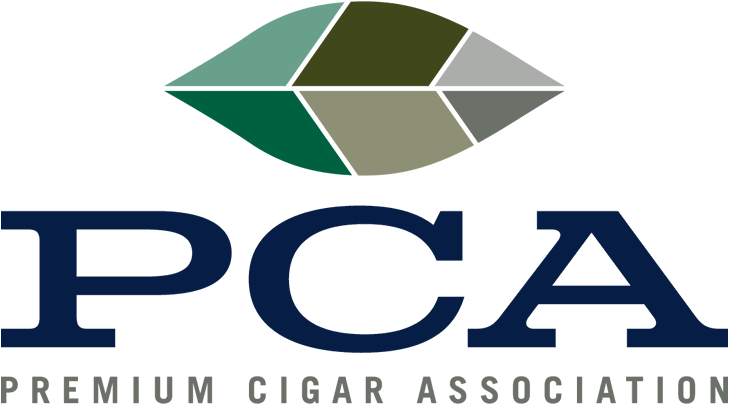The only time in my life when being a germaphobe has felt normal to me.
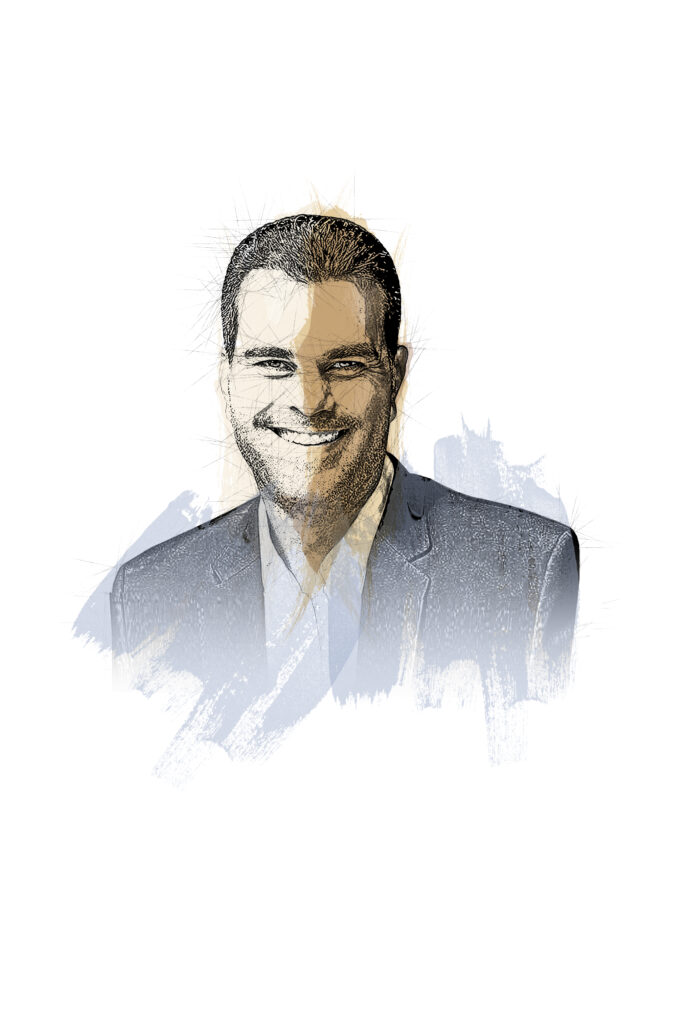
I can clearly remember the two previous occasions when our industry was rocked: November 1997, marking the end of the Cigar Boom, and 2009, when S-CHIP went into law. In between, our industry has been challenged by smoking bans and tax increases, and, throughout, the resiliency of retail stores to adjust has never disappointed. Cigar lounges were built inside stores, others purchased their own self-standing buildings and some added a bar to provide even more services for their customers.
COVID-19, of course, is yet another game-changer in the way we do business. My approach to this pandemic has been a lot more academic and studious than reactive. I thought it would be a great lesson for us and, if we took a very careful and detailed approach, our industry would make it out of this just fine; maybe a little banged up but fine in the end. There were only two priorities on my mind: Protect our employees and protect our brands.
By taking care of these—our two core and most important assets—we would also be protecting our stores. There was a need to talk to our customers and be their friend, really be their friend. As business owners and entrepreneurs, we were all nervous. We all have debt, financial commitments and bills that have to be paid. Our salespeople, very often, have built tight relationships with their friends and customers. If even one of our stores was able to talk to their salesperson and feel that everything was going to be alright, I was sure that this would provide great relief moving forward (even if it was just for one day). So we scheduled three Zoom calls a week and created a regular meeting place to air out what was happening. In taking care of our brands and not panicking, we made sure that the inventory our stores had on their shelves wasn’t devaluated. If a store was holding $20,000 in inventory of our products, it had to still be worth $20,000 on the other side of this.

As unemployment kept increasing in the U.S., it was great to see we had done our part in not adding to the problem. We still had the problem, however, with our people in Honduras who had been sent home March 15 by presidential decree. Unlike the U.S., there were no stimulus checks being sent out via direct deposit, and we did not have the benefit of anything like the Paycheck Protection Program at the corporate level. We were going to have to ride this horse bareback! Yet, we were equally as committed to all of our people at the factories to make sure they could still receive an income to feed their families.
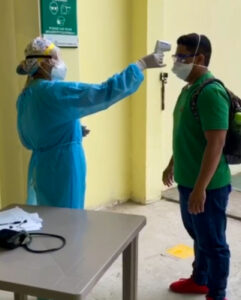
Paying our workers at the factories only solved a small part of the problem, though. We knew very well that the virus would still be around the moment we reopened the factories, so we needed to retrofit our entire operation—I’m talking every single nook and cranny of our building. Fortunately for us, and largely due to my OCD, from which I have suffered for 39 years, we have had a covenant with Bayer’s Better Manufacturing Practices for 16 years and our farms were certified in 2009 as being the cleanest, most hygienic and most environmentally friendly. Our factories are not certified by Bayer because, as a human health company, if they certified our business they would be exposed to accusations of “endorsing” a tobacco company. However, we follow the requirements of Bayer’s Better Manufacturing Practices anyway.
For 20 years we have had our own doctors, one at the farm and the other at the factory. To enter the work area, you have to go through a disinfecting tunnel, we have cleaning stations in several places and everybody has been conditioned to wash their hands every two hours. Nevertheless, these measures were still not enough. We’ve now separated our tables, we set up a thermometer station and separated work stations. When we finally reopened in Honduras in early May, our factory was deemed to be the example for all factories in Honduras as a whole, not only for cigars.
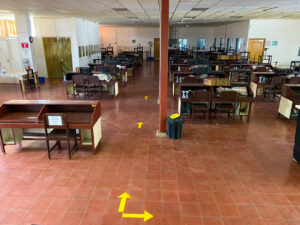
Sure, it is a lot more expensive and I’ve had to use parts of our building in Honduras that I did not want to use, but if I wanted to start back up without a single person losing their job, I was going to need to use more space.
Our whole existence cannot just be about profits. It is our responsibility as entrepreneurs to protect all of those who work for us and provide each person with a safe space—with masks, eyewear and education, when necessary—for our workers and their families to understand what exactly it is that we are going through. The only thing pending is for us to administer testing, for which we are awaiting approval for 500 units that we have purchased.
If it is true that COVID-19 will eventually infect 80 percent of the world’s population, we will not be able to guarantee no infections, but we can certainly assure our team that we will limit the exposure inside our buildings and also that our cigars will have been made in the most hygienic of environments.
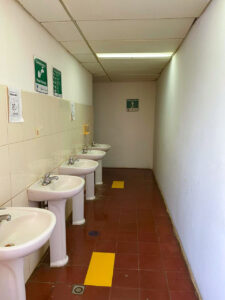
As I write this, not one job has been lost, not one of our workers has gotten sick, and we never resorted to discounting our brands or cutting anybody’s pay. And our salespeople have begun to visit our customers under the new conditions.
Most amazing to me has been how quickly stores are revving back up and how much cigar smokers have been yearning to go back to their local shops. I make 35 calls every day and the excitement I hear on the phone is encouraging. There is energy and optimism. It is this energy and optimism that guarantees that we will be back to normal very quickly. As a matter of fact, I am so motivated that, starting in June, I have a plan to visit with 300 stores in 60 days.
Throughout this experience, I have nothing but gratitude for all of our customers and everyone on our team. They too kept me going on the days that I was nervous or discouraged. Moving forward, I only have one thought in my head: We are all in this together, and by staying together we will make it, just fine!
